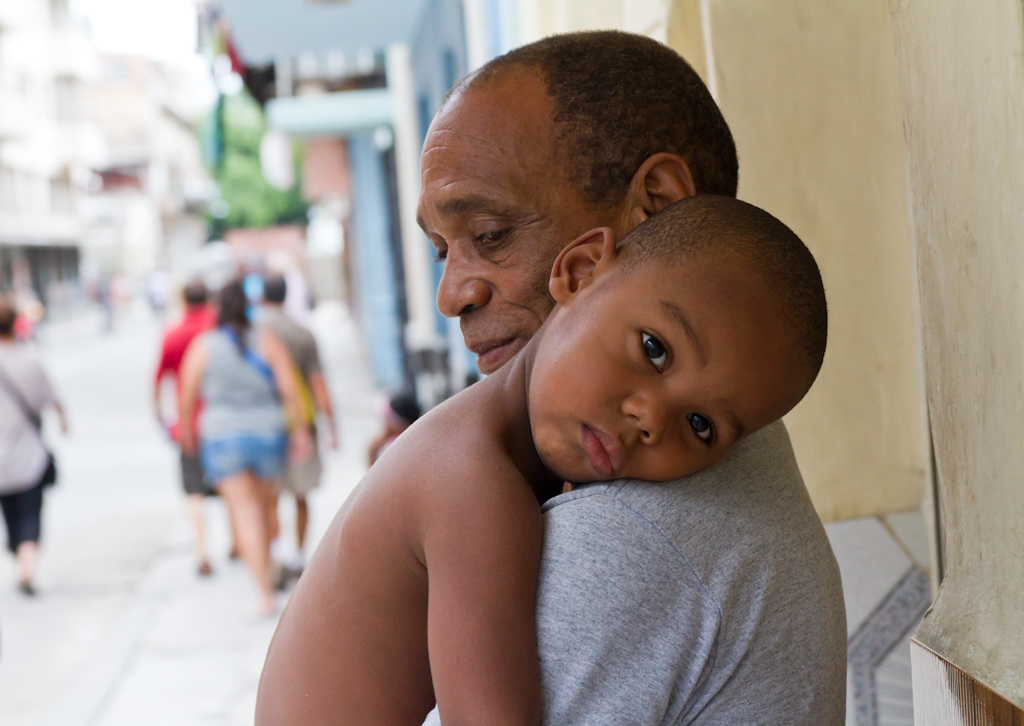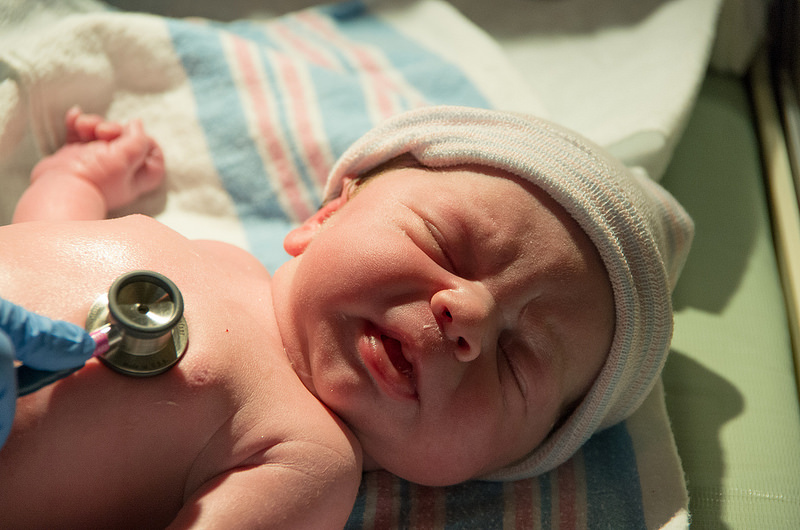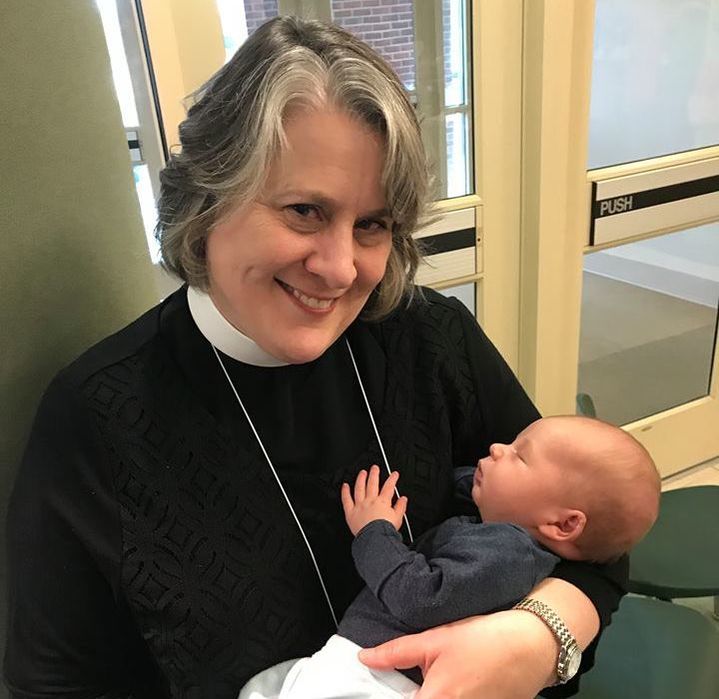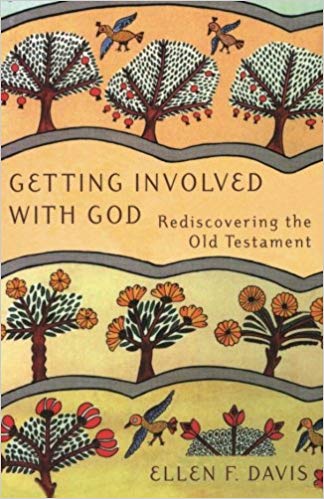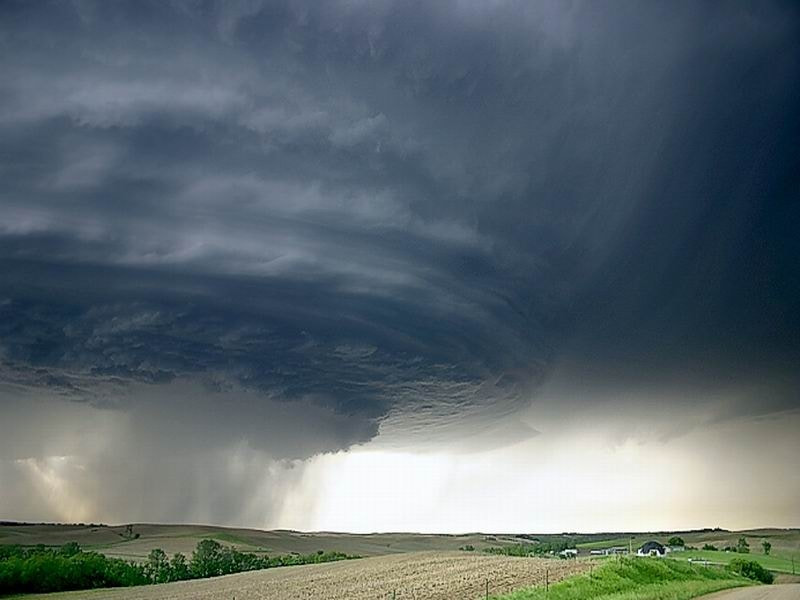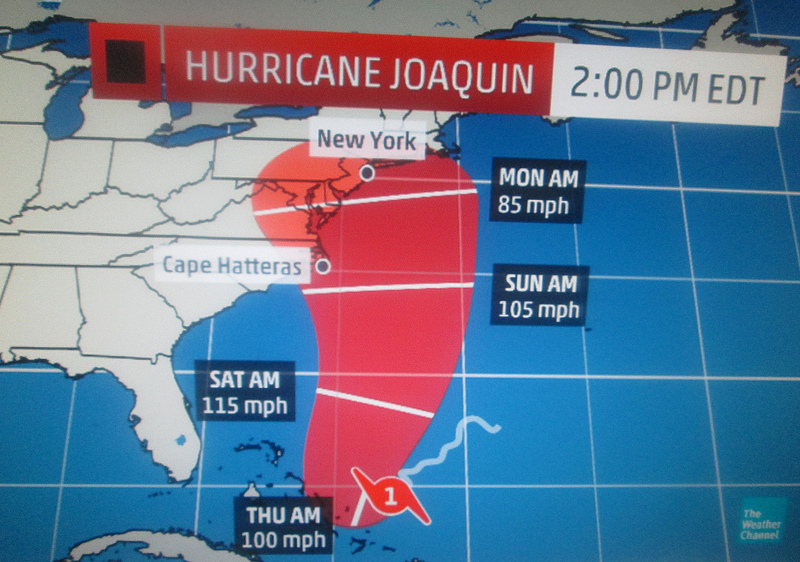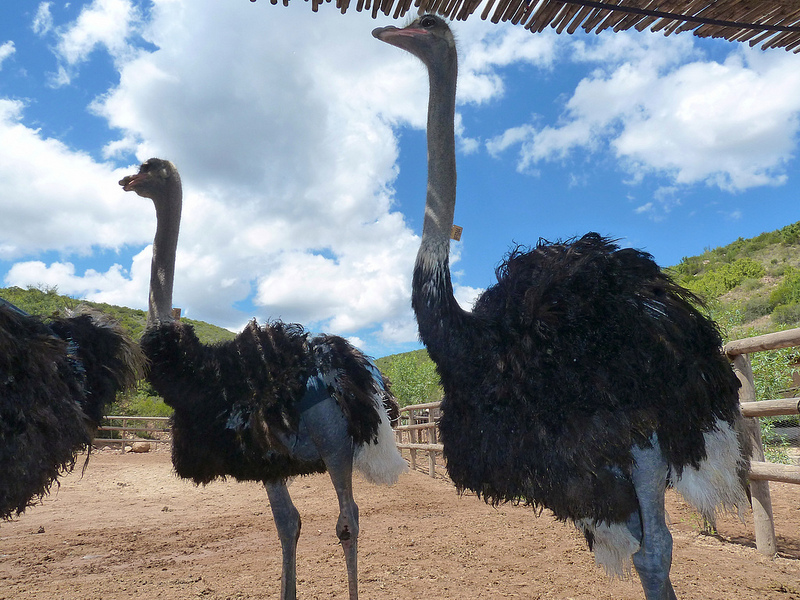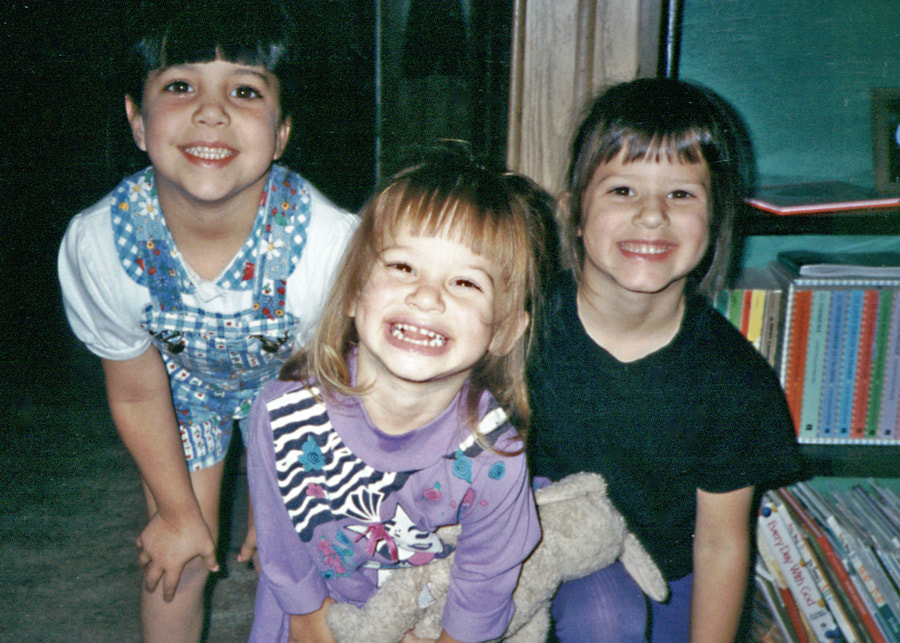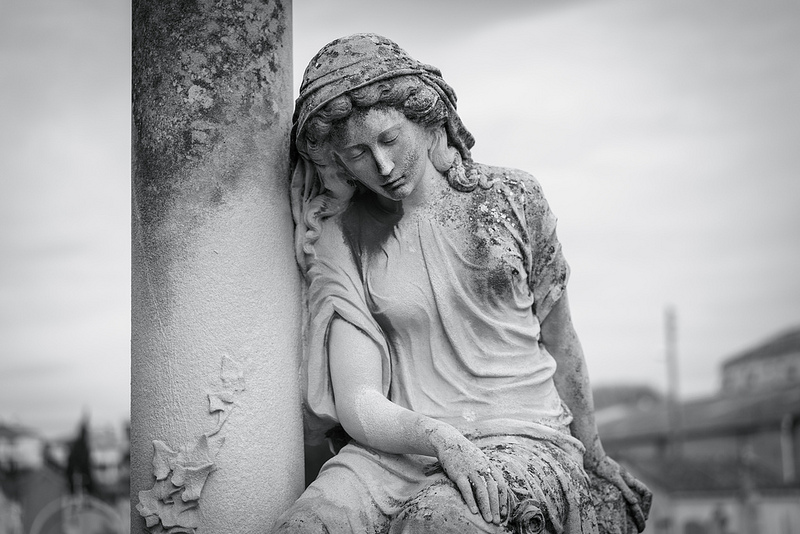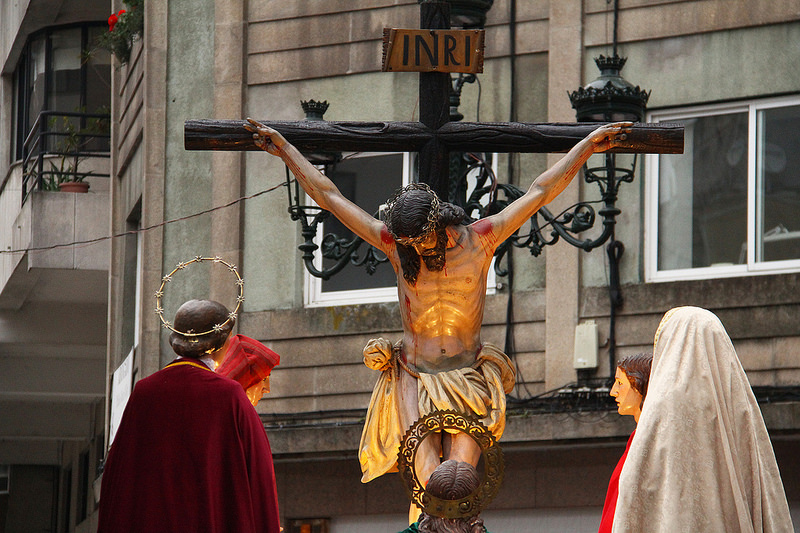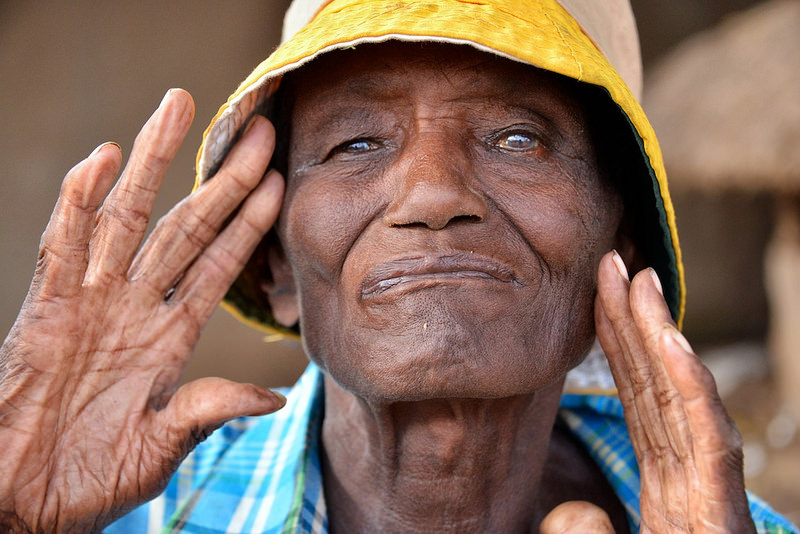- Home
- Process Worldview
- Community
- Art and Music
- Whitehead and Process Thinking
- Podcasts
- Spirituality
- Ecological Civilization
- Education
- Contact
- Social Justice
- Science
- Animals
- Sacred Poems
- Whitehead Videos
- Index of All Titles
- Practicing Process Thought
- Process Spirituality: A Spiritual Alphabet
- Recent Posts
Learning to Love What We Can't Control
An Appreciation of Ellen Davis and Her Reading of Job
by Teri Daily
|
A tour of the cavern seemed like a good idea at the time. My sister and nephews were visiting us in Arkansas, and we were on our way back from a trip to Branson. Missouri. My sister and I have four children between us, all stair steps in age – a five year old, a four year old, a three year old, and a two year old. When the sign for Mystic Caverns came into view, we decided that a spur-of-the-moment detour to see the caverns would be “educational” for everyone. My sister bought tickets while I waited in the car with the sleeping three year old. We woke him up just before the tour was to begin and realized that he had a fever. By now, though, the other children were excited to see the caverns, and we decided to push ahead.
The tour guide was young and newly-employed. He recited information about the rare calcite formations with great deliberation – including the prohibition against touching the walls or leaving anything behind, as this could interfere with future formations. My sister carried the two year old (who stubbornly refused to walk), while I held the sick three year old in my arms. When the tour guide seemed distracted and lost his place in the middle of his carefully memorized spiel, I looked up to see the other two children mere inches from the wall we had been instructed not to touch. I pulled them away just in time, and the tour guide regained his composure. Before long the tour guide’s voice rose in pitch, and his thoughts seemed jumbled again. I strained forward and saw our two older children at the very front of the group, leaning over a guard rail and staring down at the floor of the cavern below. “Hey! I dropped my gum down there!” yelled one of them, his voice booming into the silence. At this point, my sister and I decided to cut our losses. We gathered up the children and, without saying a word to anyone, hurried down the long dark hallway that led outside. I glanced back just once. The expression on the face of the tour guide was one of pure relief. We had just stepped out into the sunlight when the three year old began to throw up. * * * All parents carry the memories (sometimes scars) of well-intentioned excursions gone wrong, of picture-perfect moments devolving into chaos. While I fall short of fully embracing such occasions when they happen, I wouldn’t trade them for the world. They are part and parcel of being a parent. I do not, however, accept my lack of control in other areas of life with the same generosity of spirit. My first career was as a primary care pediatrician in rural areas. I loved my patients and their families. I loved the camaraderie between members of the health care staff. I loved the exhilaration of making decisions in precarious situations and seeing a patient’s condition improve before my eyes. I loved playing the role of detective when a diagnosis was difficult to pinpoint. I did NOT love being out of control when it came to planning my life. I did not love the uncertainty with which I accepted dinner invitations, went to church, took one car to a see a movie with my family, or started any project. In short, I agonized over never knowing when the phone would ring and I would hear a voice on the other end telling me that I needed to come right then. Some physicians do not feel this way, I know, but for me this lack of control – this uncertainty – cast a shadow over my ability to enjoy fully any given moment. My second career is as a parish priest. I had long thought about making this career transition, and I do not regret it. But a more predictable day-to-day schedule still escapes me. Truth be told, I love shifting gears multiple times a day, going from a pastoral care visit to a worship planning meeting to setting up chairs in the parish hall to leading a bible study. I just haven’t learned how to hold my own time table loosely. No matter how un-Zen-like it may be, un-peace-that-surpasseth-all-understanding-like it may be, just plain un-flattering it may be, resistance surges up in me when my overly-scheduled day gets upended. Knowing me well, my husband quietly said to me recently, “Teri, you know Ellen Davis [a theologian and Old Testament scholar at Duke Divinity School] suggests that happiness is learning to love what you cannot control. I think that may have something to say about your work.” And so I made a plan to read Ellen Davis’ reflection on Job... * * * In her book Getting Involved with God: Rediscovering the Old Testament, Ellen Davis devotes a chapter – “The Sufferer’s Wisdom” – to the book of Job. For Davis, the book of Job is not about God’s justice; it is about human pain and the theology of one who experiences it: From this book above all others in scripture we learn that the person in pain is a theologian of unique authority. The sufferer who keeps looking for God has, in the end, privileged knowledge. The one who complains to God, rails at God, does not let God off the hook for a minute – she is at last admitted to a mystery. She passes through a door that only pain will open, and is thus qualified to speak of God in a way the others, whom we generally call more fortunate, cannot speak.[1] We, as readers, search for wisdom in Job’s journey through pain – in his words, in his silence, and in his actions. His relationship with God and his experience of suffering grant him that much. From the outset, we are told in scripture that Job is “blameless and upright, one who feared God and turned away from evil” (Job 1:1). Each time a party hosted by Job’s sons and daughters ended, Job would sanctify his children and make sacrifices in case they had, in the course of their celebrations, sinned against God. Like some of us, Job apparently believed in a world whose organizing principle is a rigid, linear, and predictable system of reward and punishment – a world in which we can control the outcome, a world in which we can even control God. Of course, this theology falls apart for Job when he experiences devastation of an unimaginable degree. Job loses his livestock, his servants, his children, and his health. What happens next provides is a model for pastoral care in the face of profound suffering. Job’s friends — Eliphaz, Bildad, and Zophar — sit with him for seven days without speaking a word. At times, the only proper response to tragedy is silence. Only after this does Job find the words to rail against God, to demand an account of the devastation that has befallen him. He refuses to accept his friends’ explanation — that Job must have sinned against God – and uncompromisingly maintains his innocence. Moreover, as Davis points out, his vision now widens to include innocent others who also suffer, noting that the wicked often go unpunished (Job 21). Job’s understanding of retributive justice as the model for how the world operates lies in tatters. How does God respond? With a mixture of cross-examination and litany of creation. Were you there, God asks Job, when the world began? Have you explored the depths of the sea? Can you bring forth rain, move stars across the sky, or endow humans with wisdom? And what about all the wonderful creatures? Do you know the due date of the mountain goat, when she will give birth? What of the wild ass who scorns the city, preferring to live in the open? Or the wild ox that you cannot trust with your fields? Or the ostrich which is flightless but flaps her wings wildly, nonetheless? Or the eagle who, on the lookout for prey, makes its nest in the crack of a bluff? I made all of these, just like I made you. And then God goes on to spend the entirety of chapter 41 relishing in the features of the dangerous Leviathan who cannot be captured – its dazzling frame, its back formed of interlocking shields that cannot be breached, its impenetrability to javelins and arrows and stones, its mouth like a flamethrower. Where does this wild and untamable creation, Davis asks, fit into the pre-tragedy worldview of Job – a world where the righteous innocents are the favorites of God, a world where morality is a predictable pathway to God’s protection? Is there room in Job’s theology for this God who finds beauty in wild, chaotic animals who are of absolutely no use (and, frankly, are a danger) to humankind? Davis sums up God’s litany of creation this way: “God’s involvement with the world expresses itself in huge, unapologetic delight in a creation whose outstanding quality is quite simply magnificence: Power and freedom on a scale that is bewildering and terrifying” (138). The scandal here is that God reveals a moral order of a completely different magnitude and gratuitousness than Job ever suspected: “God’s self-giving generosity...is the highest form of causality operative in the universe, the generosity that brings another into free being” (139). God’s words lead to a spiritual transformation for Job. Knowing the risk firsthand, Job still becomes a parent once again. As Davis points out, instead of worrying obsessively about his children’s moral righteousness, Job now delights in his daughters’ beauty, frivolously names them “Dove” and “Cinnamon” and “Horn of Eye-Shadow,” and recklessly bestows upon them an inheritance alongside their brothers. Job learns to love, with audacious extravagance, that which he cannot control. * * * Unpredictable schedules, plans gone awry, and crushed self-delusions are a small price to pay for a world we cannot control. Such inconveniences are more than worth the unexpected surprises that shower our lives with joy. But what about the heart-wrenching pain one experiences when relationships are betrayed, vocational dreams shattered, or loved ones lost? Recently I sat with a mother whose daughter had just died suddenly and tragically. I wondered: What would this grieving mother think of Davis’ interpretation of Job? Does God frolic in the beauty of creation’s freedom, leaving us to pay the price? Does a capricious God look on as we who are vulnerable bear the cost of a self-determining world – a world capable of evil as well as good, suffering as well as joy, randomness as well as order? For Christians the answer lies in the cross. This is where God’s integrity can be found,[2] for it is here that we see what is and has always been true of God – that God feels our pain and our joy, our desperation and our hope, our death and our life. God takes all of this into God’s own being and bears it with us. Is this enough? Some might respond that it is not enough. They might contend, as do process theologians, that to absolve God of our suffering requires that God is not all-powerful and that God did not create from nothing a world capable of evil. I am not satisfied with the brand of Christianity that proclaims blithely that “God is in control.” I also do not believe that God doles out miracles and tragedies as a form of reward and punishment. That kind of “power” has never changed the world. Only the vulnerability of love – the willingness to risk pain, suffering, betrayal, and hate without returning it – has ever had the power to transform evil. God’s vulnerable love is God’s power. And God’s decision (or, for process theologians, God’s necessity) to partner with us in transforming the world is fitting for a God who reveals Godself to us in the Incarnation – in flesh and blood. Is this enough for a grieving mother? Is it enough to say that God’s generosity led God to create a world characterized by self-determination, a world so free that both good and evil are possible? I don’t know. It certainly isn’t a theology satisfied with easy answers, or one that readily lets God off the hook. Traditional Christian theology with its belief in creation ex nihilo leads us to wrestle with God. And perhaps this wrestling with God can lead (as it did for Job) to a spiritual transformation marked by joy, wonder, and a love for creation – characteristics that process theologians hold dear. I believe it can. * * * I am constantly being schooled in an ever-growing list of things I cannot control. As I age, my personal myths around being in control are being exposed for what they are – ego-centered stories that reduce my feelings of vulnerability. After medical school I entered a residency program in pediatrics, and spending more than 80 hours a week in the hospital was not uncommon. This schedule was the norm for many residency programs at the time (and may remain so). I prided myself with having a “mind over body” mentality. At age fifty, this personal myth came crashing down, along with the sense of superiority which arose from it. No matter how much my mind said otherwise, my fifty-year-old body could not muster the healing and energy needed to return to work two weeks after open abdominal surgery. Of course, now I see the folly both in thinking I could return so soon and in feeling shame that I could not. Our world prizes control so highly that anything that escapes our mastery can feel like failure, be that an undesirable medical outcome, a public event interrupted by a power outage, or a child who throws a temper tantrum on aisle nine of the grocery store. Perhaps our need for control is innate. Perhaps it is learned. Either way, studies show that we are so uncomfortable when we cannot make sense of our environment (a form of control) that we will perceive patterns and causation where none exists.[3] Self-deception comes to us more easily than humility. But nature can restore balance to our egos and our lives. For me, it is being on a beach that lifts the illusory burden of control from my shoulders. Waves pound the shore, just as they have been doing quite well – without any direction from me – for the last 3.8 billion years. I stand on the beach as my aging, imperfect body is bombarded by water droplets, and I breathe deeply, happy to be alive. It’s a momentary win. [1] Ellen F. Davis, Getting Involved with God: Rediscovering the Old Testament (Lanham, Maryland: Rowman & Littlefield, 2001) 122. [2] I’m grateful to Dave Daily for this articulation of the cross as the location of God’s integrity. [3] Joseph T. Hallinan, “How Far We’ll Go to Feel in Control,” Psychology Today, posted April 24, 2014, https://www.psychologytoday.com/us/blog/kidding-ourselves/201404/how-far-well-go-feel-in-control. |


